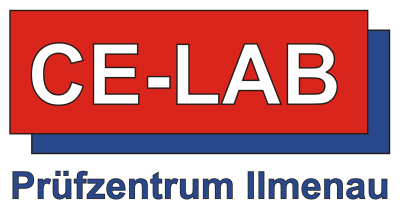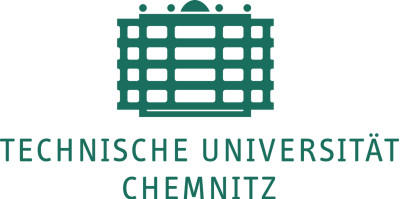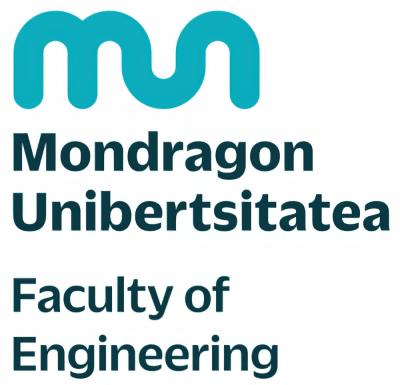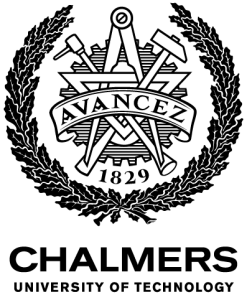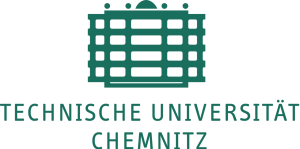
TUC is a technical university located in Chemnitz, Germany. The Center for Microtechnologies (ZfM) within the faculty Electrical Engineering and Information Technology as part of TUC focuses on research in advanced technologies for microelectronics, microsystems and silicon micromachining as well as nanotechnologies.
Company profile
Chemnitz University of Technology: Founded in 1836 as the Royal Mercantile College, it soon developed into an academic institution renowned for its strong contributions to mechanical and electrical engineering. In 1986, it became a Technical University. Today it has over 10,000 students at the following eight faculties: Natural Sciences, Mathematics, Mechanical Engineering, Electrical Engineering and Information Technology, Computer Science, Economics and Business Administration, Humanities and Behavior, Social Sciences. The group of Prof. Rzepka at TU Chemnitz is part of the Center for Microtechnologies (ZfM) within the Faculty Electrical Engineering and Information Technology. The group focuses on research and development in the field of thermo-mechanical reliability of electronic components and smart systems with partners in Germany, Europe and worldwide. It has long-term experience in testing, evaluating, and optimizing of micro and power electronic components, packages, and systems with regard to quality assurance, reliability, functionality and durability by combining advanced multi-field FEM simulations with state-of-the-art experimental test methods.
Chemnitz University of Technology was founded in 1836. In 1986, it became a Technical University. Today it has over 10,000 students and eight faculties.

Role in the project
TUC leads WP5 “Reliability from Component to System” which aims to develop, test and implement new concepts for more efficient reliability and robustness testing of GaN power devices from component to system level for all relevant failure modes, demonstration structures and use cases. The TUC is also represented in WP 4 and 6. The research work planned by the TUC will be coordinated with all German and European project partners and, where appropriate, also integrated into their processes (e.g. provision of information and samples for the TUC or receipt of reliability results and information for the design of GaN line components and modules).
Key contribution
The technical work focuses in particular on the creation of innovative virtual methods for evaluating and optimizing the thermo-mechanical reliability of AVT solutions for GaN power electronics. The creation of digital twins is a focal point here. With the help of digital twins, the overall lifetime of the possible component variants can be estimated so precisely even before the first physical samples of the components are produced that the reliability-compliant design, i.e. its "Design for Reliability" (DfR), can be carried out completely virtually. This will speed up component development by many weeks. Furthermore, the TUC will derive compact versions of the digital twins that can provide data on the thermo-mechanical behaviour of the GaN components (i.e. the manufactured products) in the specified operating conditions within seconds.
Key results:
- New reliability test strategies at component and module level
- New thermo-mechanical lifetime estimation model for GaN power electronics
- Efficient 'design for reliability' methods for the new GaN components by creating digital twins for thermo-mechanical behaviour and deriving compact versions of these digital twins using AI and ML.
- Further elucidation of the thermo-mechanical degradation processes in GaN components including the development of models for estimating the remaining useful life (RUL)
TU Chemnitz
Reichenhainer Straße 70
09107 Chemnitz
Germany
www.tu-chemnitz.de/etit













